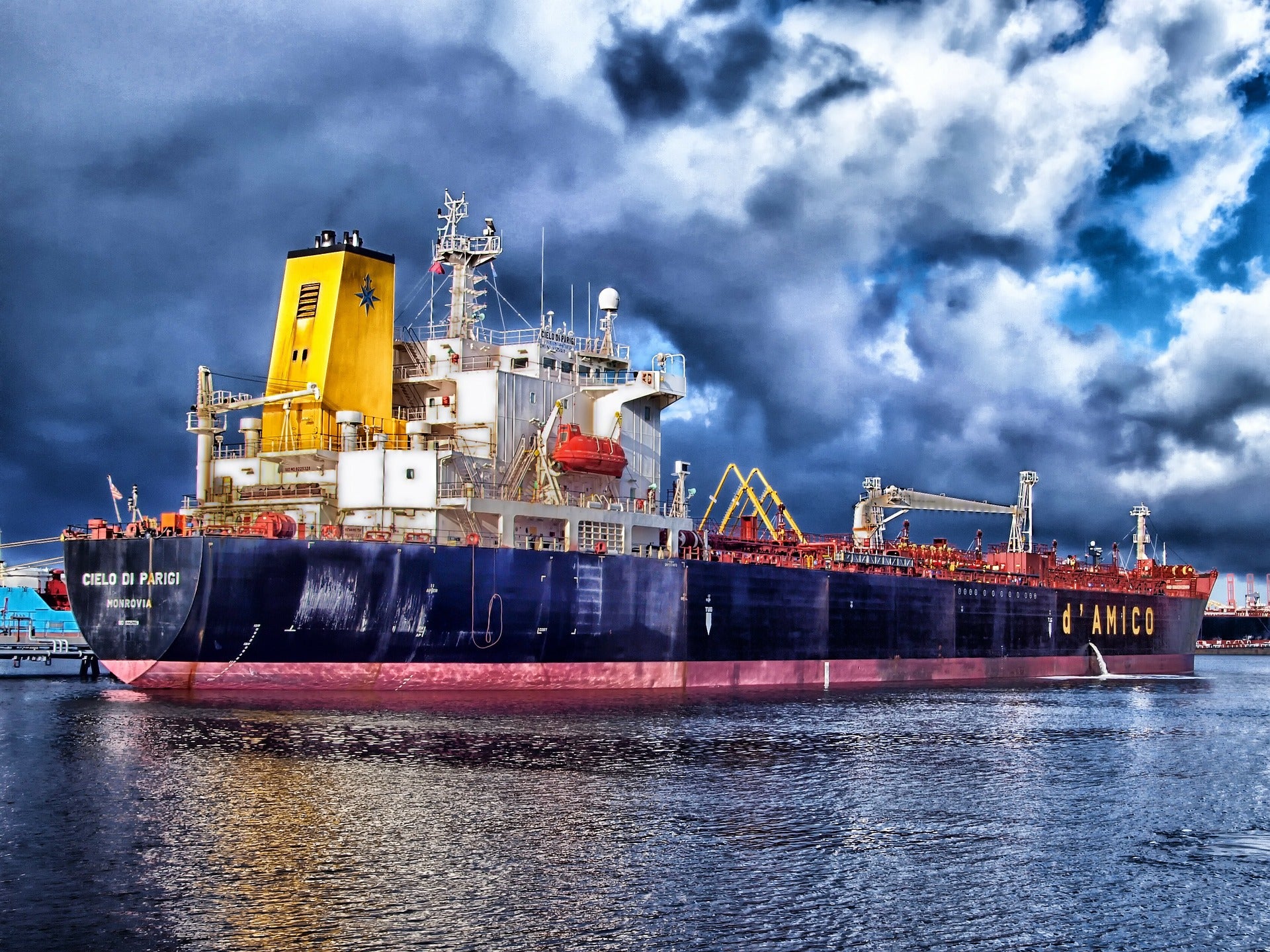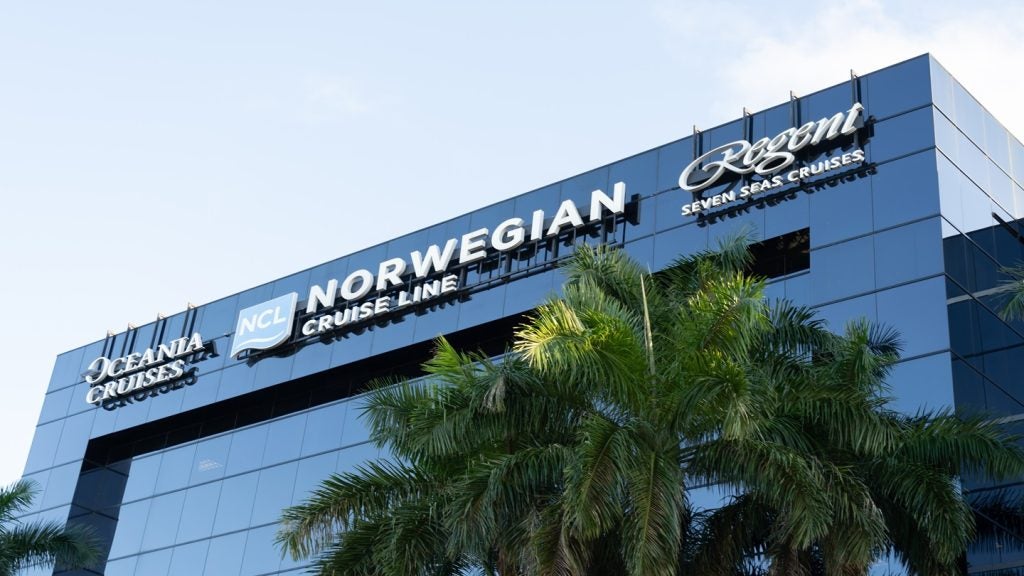
Slowing global economic growth, ongoing trade tensions and geopolitical threats could lead to subdued demand for global shipping in 2020, a report by Fitch Ratings has revealed.
According to the agency, while the shipping sector has witnessed substantial capacity growth in recent years, which helped improve the demand-supply balance, a longer record of responsive capacity management will be required to make the sector more resilient in the future.
Commenting on the findings of the report, Fitch senior director Angelina Valavina said: “Demand-side risks remain skewed to the downside and may outweigh the benefits of tightening supply growth.”
Highlighting the main risks facing the sector, the report said that current protectionist measures, which are escalating into a protracted trade war, might “damage the prospects for global trade and gross domestic product (GDP) growth”.
Handling about 80% of goods at a global level, the industry strongly relies on trade, which the report claims will continue to be affected by “expected slower GDP growth in China, soft trade growth and Brexit uncertainty”.
Building on the imbalance between demand and supply, Fitch Ratings said that shippers will struggle to transfer all their associated costs to customers due to their limited bargaining power and an “oversupplied market”.
How well do you really know your competitors?
Access the most comprehensive Company Profiles on the market, powered by GlobalData. Save hours of research. Gain competitive edge.

Thank you!
Your download email will arrive shortly
Not ready to buy yet? Download a free sample
We are confident about the unique quality of our Company Profiles. However, we want you to make the most beneficial decision for your business, so we offer a free sample that you can download by submitting the below form
By GlobalDataIn the field of container shipping, the report forecasts “global volumes to grow by about 2.5% in 2020”.
“While this represents a small increase from 2019, it is well below the average growth rate of about 4.5% over the past eight years,” it said.
Citing AP Moller-Maersk, the report also warned that unresolved trade restrictions are likely to have a negative impact on global container volumes of about 1% in 2020.
“We expect better capacity management in global container shipping with fleet capacity increasing by 3.3% in 2020, slower than 3.6% in 2019,” said the agency. “Container freight rates in 2020 are likely to remain at levels similar to those in 2019.”
The report predicted dry-bulk trading volumes “to grow by 3% in 2020, up by more than 1.5% in 2019”.
Meanwhile, in the dry bulk market, freight rates are expected to increase, with shippers getting better positioned to pass on some of the higher fuel costs.
As the industry prepares for the International Maritime Organization’s (IMO) upcoming sulphur cap, the report said the sector will need to cope with rising costs to comply with the new regulation.
Starting in January 2020, the regulation will be aimed at reducing the sulphur content in marine fuel. “The IMO 2020 regulation will have an adverse impact on credit metrics as we assess as limited the ability of companies, especially smaller ones, to fully pass additional costs on to customers,” it claimed.
After the regulation comes into force, shipowners who choose to use low-sulphur fuel will have to face rising operational costs, while those who prefer to install scrubbers or purchase LNG-fuelled vessels will experience higher capital expenditure.
The report finally expects the IMO 2020 cap to have mixed impacts on tanker shipping companies, as rising compliance costs may be softened by increased demand for tankers to transport compliant fuel.
Although both supply and demand for tankers are anticipated to grow by 2.5% and 3.5% respectively in 2020, lurking geopolitical tensions and political risks could weaken long-term tanker demand.







